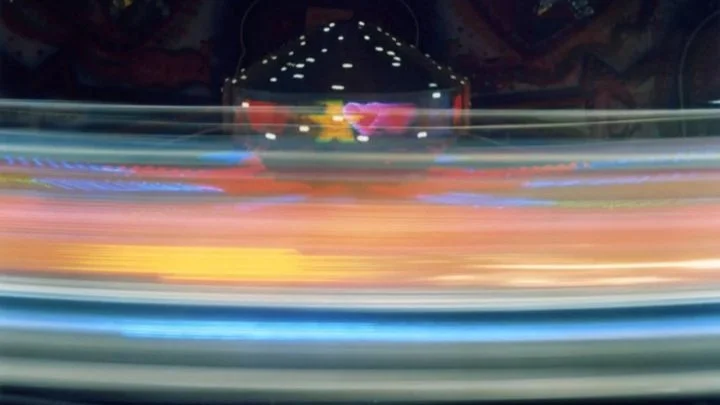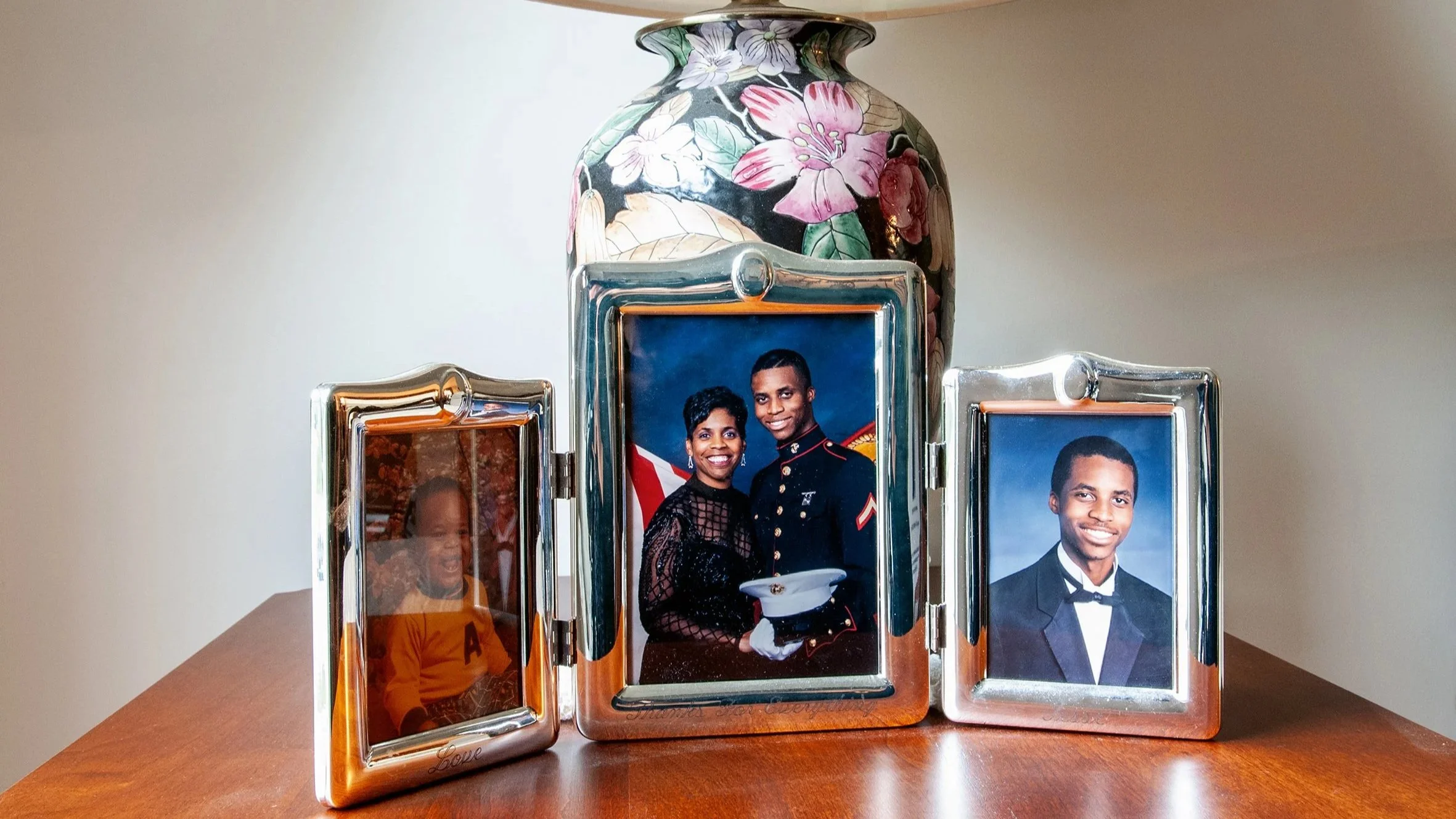Summer Wagner: Exploring Consciousness Through Dreamlike Photography
Welcome to this edition of [book spotlight]. Today, we uncover the layers of Summer Wagner (published by Setanta Books). We'd love to read your comments below about these insights and ideas behind the artist's work.
When you think about the intersection of dreams, reality, and the human experience, you might not immediately picture it through the lens of photography. But for Summer Wagner, this delicate interplay is precisely what she captures in her stunning visual narratives. As a photographer who only picked up the camera in 2020, Summer has quickly made waves with her unique approach to storytelling, one that seamlessly blends the surreal with the deeply personal. In this conversation, Summer opens up about her creative process, her influences, and how she explores themes like consciousness, ego, and our collective connection through modern technology.
Summer’s work has a distinct, poetic quality. Whether she’s drawing inspiration from a Tarkovskian sense of spirituality or infusing everyday scenes with theatrical depth, her photographs invite us to see beyond the surface. In this interview, we dive into the mind behind the lens to understand how she brings together fantasy and reality in a way that resonates on both individual and collective levels.
Start with Photography: Could you describe your journey into photography and how you evolved to explore the themes of consciousness and collective experience in your work?
I was a theatrical child. And not in the sense that I was always the star of the show or center of attention in a room. Much of my theatrical play actually took place in solitude, in the canopy of a tree or the rocky bed of a summer creek. When I eventually adopted the camera as a medium in 2020, I found that solitary practice again, that theatrical play between me and myself as both performer and audience. I suppose this act of creating through self portraiture gave way to a theme of split consciousness. I would reenact tensions, losses, boredoms and insecurities through these scenes where I performed a version of a past self, while in the act recognizing that the ghost of a girl is still in me, and she finds her way out once in a while. Eventually, I suppose I just realized that this is how memory works, like little plays in our heads, ever-evolving, caricatures of ourselves
Artistic Influences: Who or what are your biggest influences when it comes to blending fantasy with reality, and how have they shaped your approach to photography?
The filmmaker whose work you can really see emerging through my photographs these days is Tarkovsky, and s far as living photographers, definitely Gregory Crewdson. Both artists are working with a sort of liminal spiritual language, where the surreal feels somehow natural and expected, the image of which itches some scratch of the heart when viewed by the audience.
Creative Process: Can you walk us through your creative process when conceptualizing and executing one of your theatrical, story-driven pieces?
The process can look a few different ways. Sometimes an idea will sprout unexpectedly in my head and I’ll write it down, mull over it for several months, and then finally find the courage, patience and/or resources to coordinate making the specifics of that image come together. Other times, I will just be inspired by a location, a prop, or a friend’s face, and I will allow my intuition to flow and build out a story. If I’m inspired by a location, for example, I might ask, “what happened here?” The goal is to create a scene where, through a photograph, the full character of the space can be felt and experienced.
Technology and Ego: Your statement mentions the projection of egos onto platforms like Twitter, Instagram, and TikTok. How do you believe modern technology influences our collective consciousness and individual sense of self?
I like to sometimes practice thinking of technologies themselves as being neutral, but the culture which wields them will determine what type of infliction they cause. The US, for example, has a culture largely concerned with success and productivity, so there is this feeling that what exists of us online is only the fragment of ourselves that might best represent those qualities in ourselves. This isn’t to entirely villainize the ego or the way we exist online, but to recognize that the abstraction we proliferate through the way we represent ourselves reduces not only others' experience of us, but also our own experience of connection. We feel alienated from one another, only connected through shadows of ourselves online, but illiterate on how to connect through levels of communication that are embodied --- the language of the beating heart, the squint of an eye, the sharp inhale or longing exhale.
Ecological and Spiritual Themes: How do the ecological and spiritual contemplations of a post-industrial world weave into your photographic narratives?
The rise of industrialization in the 17th century also led to the simultaneous decline of spiritual and ecological world views. The world became a machine, purified of any organic material either literal or figurative, that didn’t serve the needs of expansion and productivity. But we are very quickly experiencing the dogma of this world view collapse. I may be using the term spiritual liberally here, and we can get into that more specifically another time, but for now imagine that when I say spiritual I mean relating to things unseen, unknown, unspecified and yet deeply felt. For example, the rapid evolution of AI technologies brings into question the widely held belief that machines are the antithesis of something organic, ecological, and spiritual. The algorithms used to build AI technologies continue to further mirror the mysteries of our own neural ecologies more and more. And what’s even more compelling in this sense is how we as a collective embrace these technologies and work them into our own networks of spiritual understanding and language. I dream of broken iphones and buildings lined in copper pipes and LED screens, do you? Does the poetry of your subconscious landscape evade the symbols of our modern world? Or does it require their presence in order to make sense of it all?
My work is really concerned with embracing these symbols, and creating a sort of modern folklore. A dreamscape that recognizes individual struggle in the context of a world that we live in together. Ecology that doesn’t alienate the human from their responsibility of being a part of the body of living things.
To discover more about this intriguing body of work and how you can acquire your own copy, you can find and purchase the book here.
Summer Wagner
Summer Wagner is an emerging photographer who began her journey in 2020, quickly gaining recognition for her ethereal and introspective imagery. Known for her self-portraiture and dreamlike compositions, Summer’s work explores themes of consciousness, memory, and the blurred lines between reality and fantasy. She draws inspiration from filmmakers like Andrei Tarkovsky and photographers like Gregory Crewdson, whose influence is visible in her haunting yet captivating narratives. Summer’s photography reflects a deep fascination with the human experience—both personal and collective—often addressing how technology and modernity intersect with our spiritual and ecological worldviews. Her work has been featured in a growing number of publications and exhibitions, positioning her as a rising voice in contemporary art. (Website, Instagram)
More photography books?
We'd love to read your comments below, sharing your thoughts and insights on the artist's work. Looking forward to welcoming you back for our next [book spotlight]. See you then!










Gregory Crewdson makes photos that look like movies.He builds scenes in small American towns where the streets, houses, and people look normal but something feels strange, like a moment from a story you cannot fully explain. Interviews